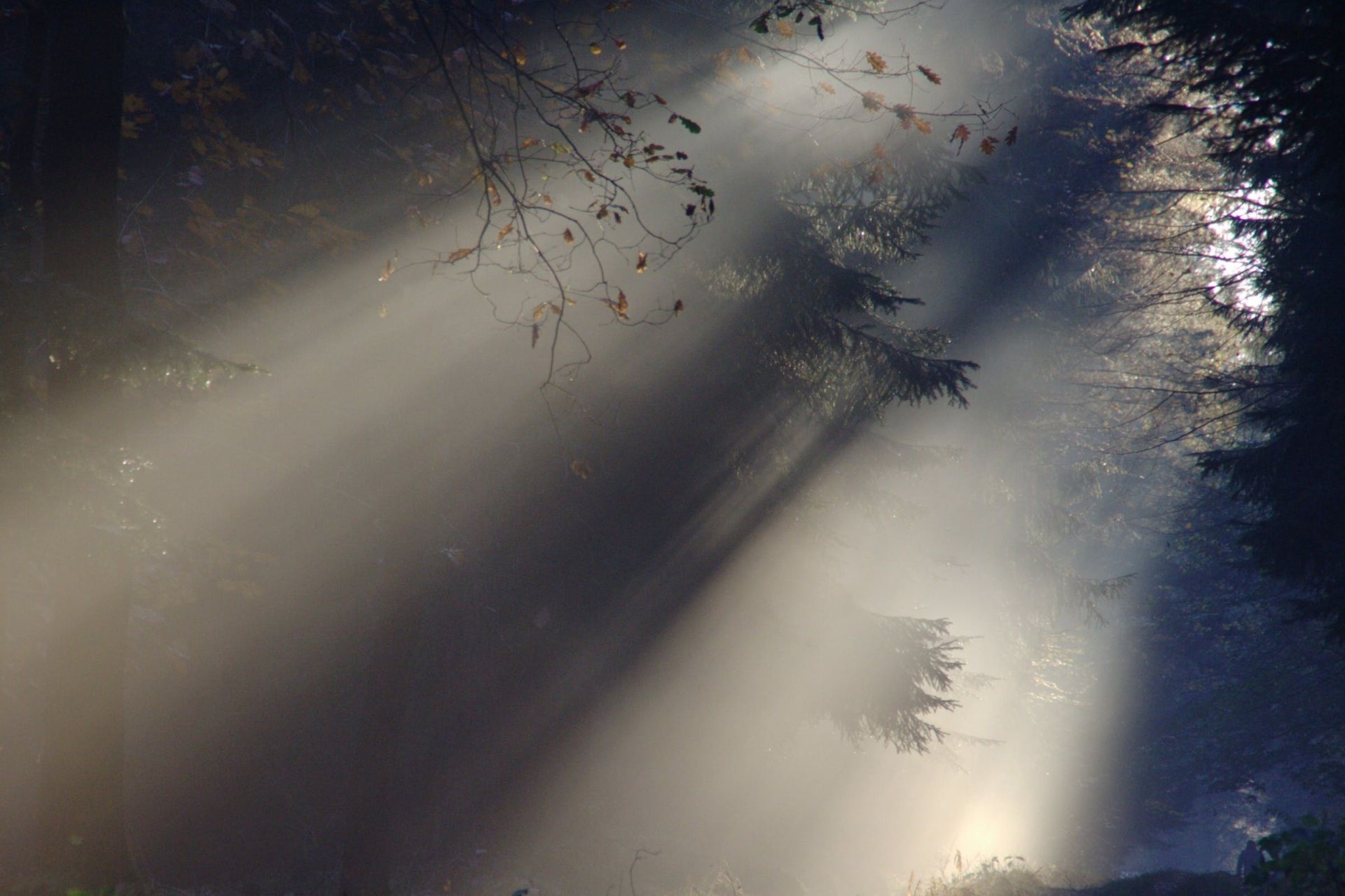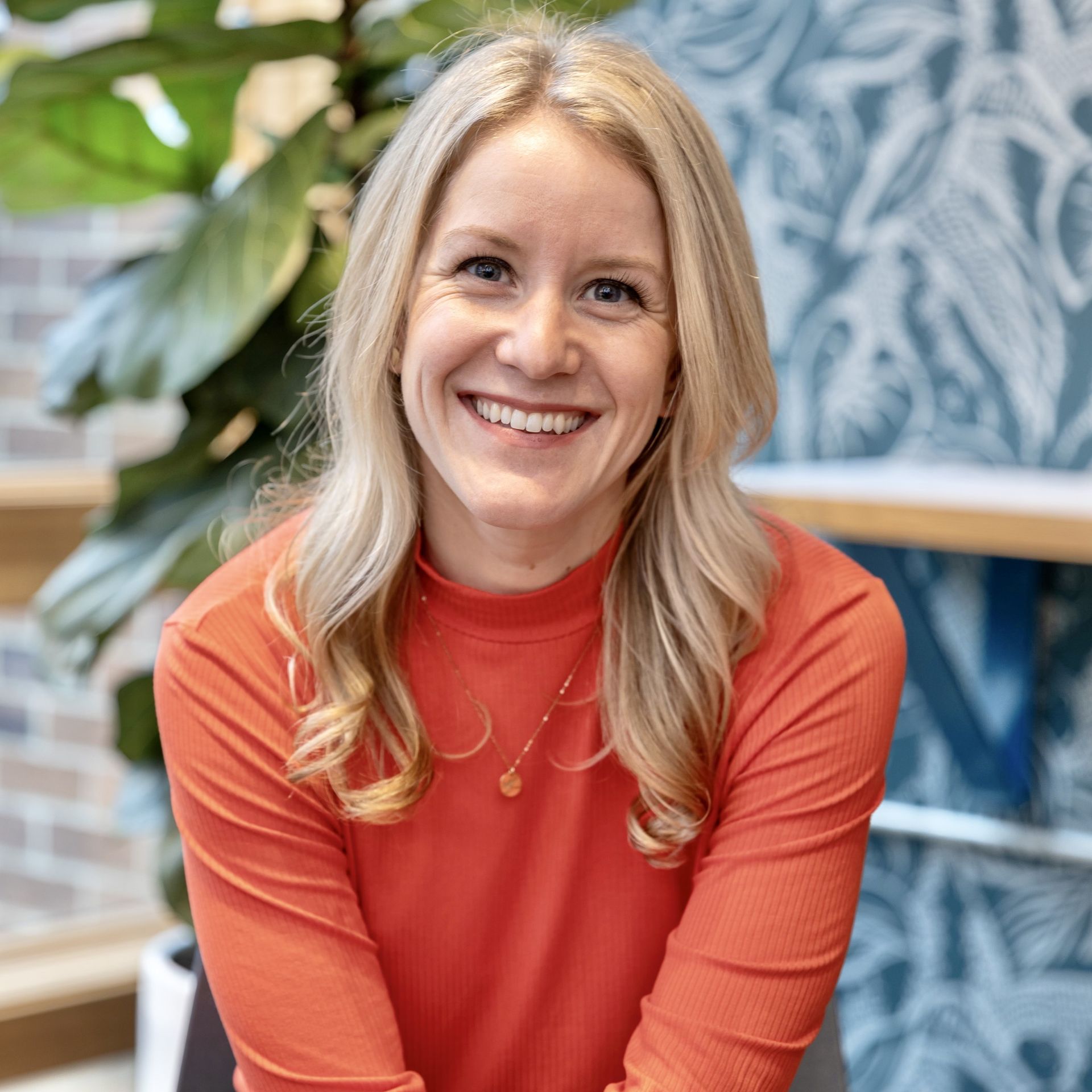Shame and the Stewardship of Love
Oct 30
/
Hannah Souter

Listen to the audio version here:
Most mornings, I awake to a familiar fog. Constriction in my body. Noise in my head. A pervasive feeling of not-enoughness.
The tune changes with the seasons. Not thin enough. Not spiritual enough. Not disciplined enough. Not fit enough. Not generous enough. Not focused. Not selfless. Not holy enough.
Or, if it’s not not-enoughness, it’s too-muchness.
Too loud. Too worldly. Too selfish. Too wanting. Too colorful. Too…me.
I’ve come to identify this daily morning fog as shame. Researcher, professor, and bestselling author Brené Brown describes shame as “...the intensely painful feeling or experience of believing that we are flawed and therefore unworthy of love, belonging, and connection.”
It’s tempting to try and block out, avoid, or distract myself from this feeling. Numbing behaviors, chasing the next high, and outrunning through perfectionism are all strategies I contend with and sometimes choose. The most effective strategy I’ve found, however, is the stewardship of love.
When I resist the urge to push shame away and turn toward that vulnerable, scared part of me with loving kindness and compassion, I discover that the edges soften, the fangs retreat, the constriction expands, and I can breathe.
An anchoring truth for me in this practice is God’s self-disclosure in Exodus 34:6-7:
The Lord passed in front of Moses, calling out,
“Yahweh! The Lord!
The God of compassion and mercy!
I am slow to anger
and filled with unfailing love and faithfulness.
I lavish unfailing love to a thousand generations.
I forgive iniquity, rebellion, and sin.
But I do not excuse the guilty.
I lay the sins of the parents upon their children and grandchildren;
the entire family is affected—
even children in the third and fourth generations.” ¹
¹ If you’re like me, you’ll notice the second half of verse 7 and think, See! A loophole! Shame is right, and God’s love DOES have limits! Maybe…but I have come to understand this as God’s commitment to systemic healing. God indeed sees and attends to the individual and systemic sin in our lives, allowing consequence and the opportunity for collective healing over time. In verse 7, the word translated as lay, punish, or visit in most English translations is the Hebrew word פְקַד paqad, and the literal meaning of paqad is attends to.
In these mornings of shame, I have found that my best resource is God’s compassion and unfailing love, stewarded through my own hands, my own face, my own actions, my own arms. The Christian tradition often talks about being the hands and feet of Jesus. Have we explored what it means—what it looks like—to be Jesus’ hands and feet to ourselves?
This practice of stewarding God’s love can look a million different ways. Most days, it looks like making my bed as a way of saying YES to the day. It looks like being mindful of the way I’m talking to myself. It looks like asking my spirit and body, “Hey sweet girl, what do you need?” Sometimes, it looks like dancing in my living room or crying in my car. Sometimes, it’s making cookies or holding my face in my hands and telling my worried self that I’m not going anywhere. One of my favorite stewardship practices is sitting on the edge of my bathtub after a long day and gently washing my own two feet.
Shame doesn’t just go away. More likely than not, the fog of not-enoughness will linger or return from time to time, just as a coastal morning fog settles by the sea. But the light of God’s love, stewarded through our very own selves, can burn it off or part the clouds even slightly, letting us play and taste being free.
So, my invitation to you: What is one practical way you can steward God’s love toward yourself today?
Empty space, drag to resize

Hannah Souter
Hannah Souter is the Assistant Director for the Institute for Pastoral & Congregational Thriving at Portland Seminary, where she also earned a Masters in Ministry Leadership. Hannah served as a pastor in SE Portland and now works at Leadership Center—helping leaders grow in personal and organizational wellness. Hannah is a born and raised Portlander. She and her dog, Teva, like to play outside and have dinner parties with friends.

